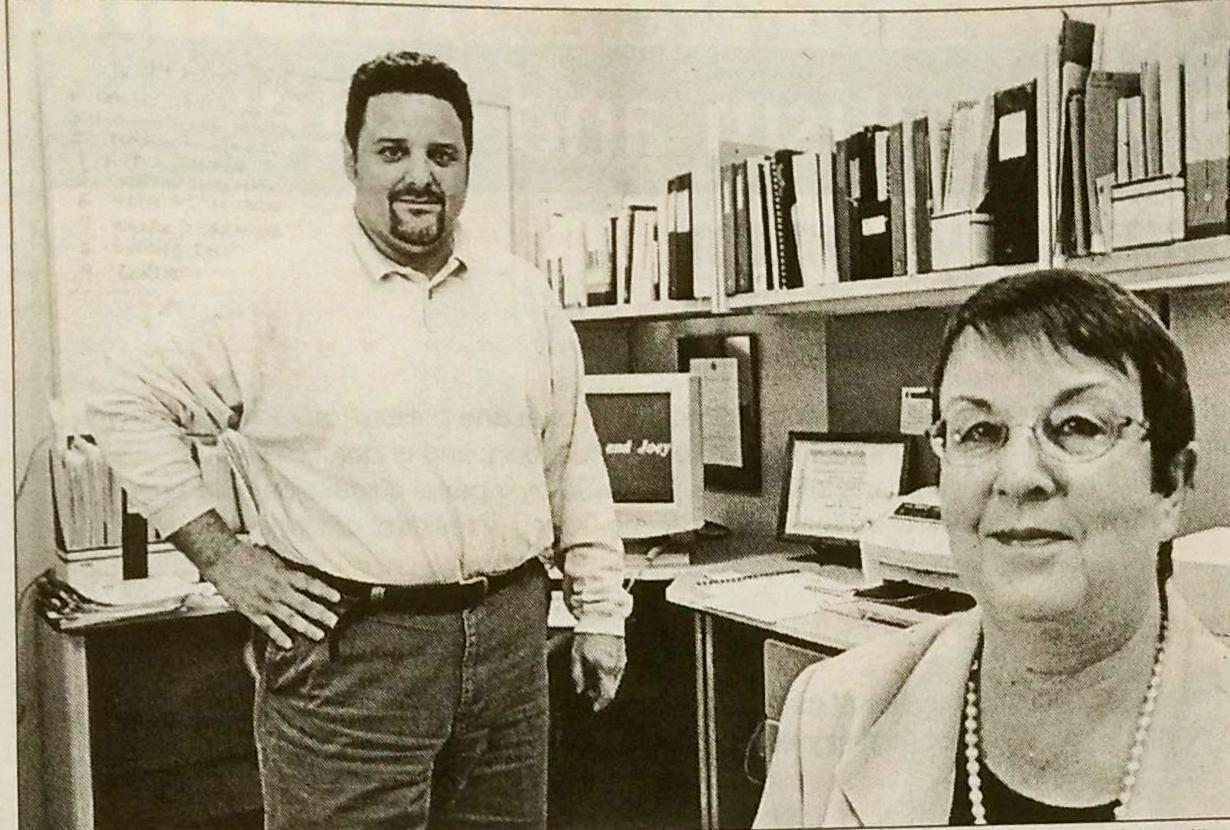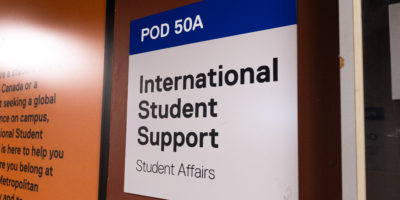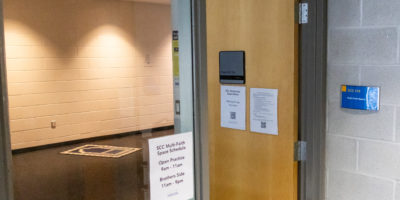By Leona Gilbert
Two Ryerson researchers are conducting a nation-wide survey in the hope of uncovering why more and more gay aboriginal men are contracting the HIV virus.
Health Canada reports that in less than a decade, the number of HIV/AIDS cases among First Nations has increased by 8 per cent. About two-thirds of those cases are aboriginal men.
At the same time, they say the total number of HIV cases reported to them between 1995 and 1999 has slipped more than 25 per cent.
The research team of Judith Waalen and Dennis Haubitch was awarded $26,000 from Health Canada and the 2-Spirited People of the First Nations in Toronto, a group that represents the population of aboriginals who possess two spirits — a man’s and a woman’s — and were once revered for their healing power and visionary nature.
“The pattern of HIV transmission may be different in this group than in the gay community in general,” Waalen said. “The aboriginal gay community’s issues are much different than non-aboriginal people. Poverty, abuse and discrimination are much higher.”
She said the study will try to uncover the high-risk behaviours that could be responsible for the increase — such as sex without a condom, having multiple sexual partners or being a victim of rape — and in turn help AIDS organizations improve their education and prevention programs geared toward these men.
The 12-page survey — distributed to 250 people in Manitoba, Ontario, Nova Scotia, British Columbia and the Yukon territory — asks questions about health concerns, access to certain services, attitudes about sexual activity, and goals for the future.
Gay aboriginal men throughout the rest of the country will be polled as part of the project’s second phase, which will begin after the preliminary results are examined at a meeting in Toronto of the 2-Spirited People of the First Nations on Nov. 13.
“We are studying a hard to reach population by the mainstream aboriginal community,” said Alex Karabanow, a research coordinator on the project. “I think that’s a harsh thing to say, but that’s the reality.”
Hearing the concerns of the two-spirited aboriginals is the first way to help them, said Heather Shand, the academic support official for Ryerson’s First Nations students.
“This might be a chance for [two-spirited people] to really make their voice heard,” she said.
Gay aboriginals not only have to face homophobic attacks, but racist attacks as well, said LaVerne Monette, the director of the board of 2-Spirited People of the First Nations.
“Homophobia attacks all gay people but I think the homophobia in the mainstream attacks aboriginals to a greater extent,” she said. “[The survey] will show the kinds of things they’re facing day to day. If we understand the issues they are facing, we can design better programs for people living with HIV and AIDS.”













Leave a Reply